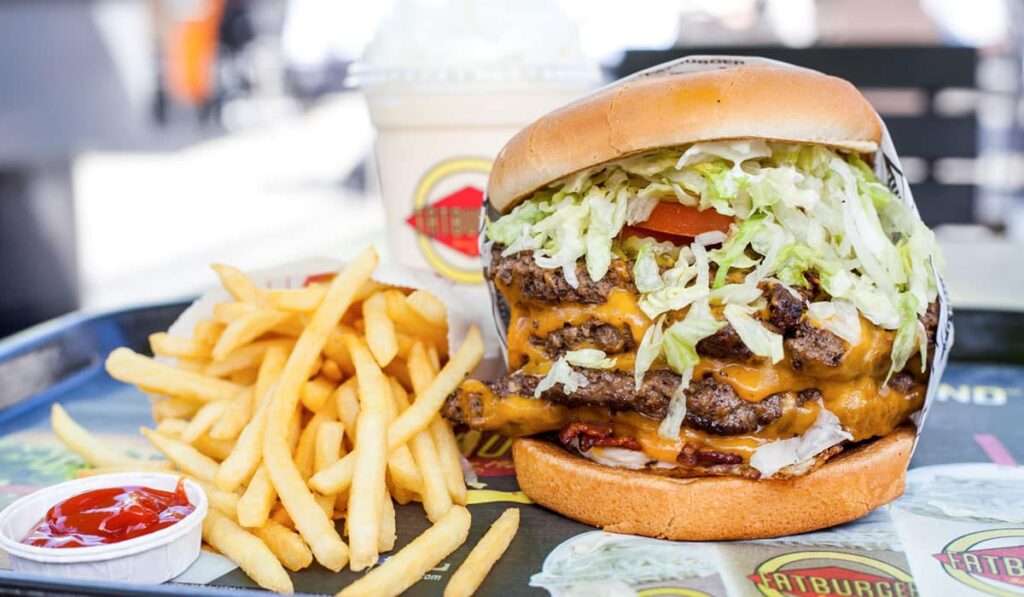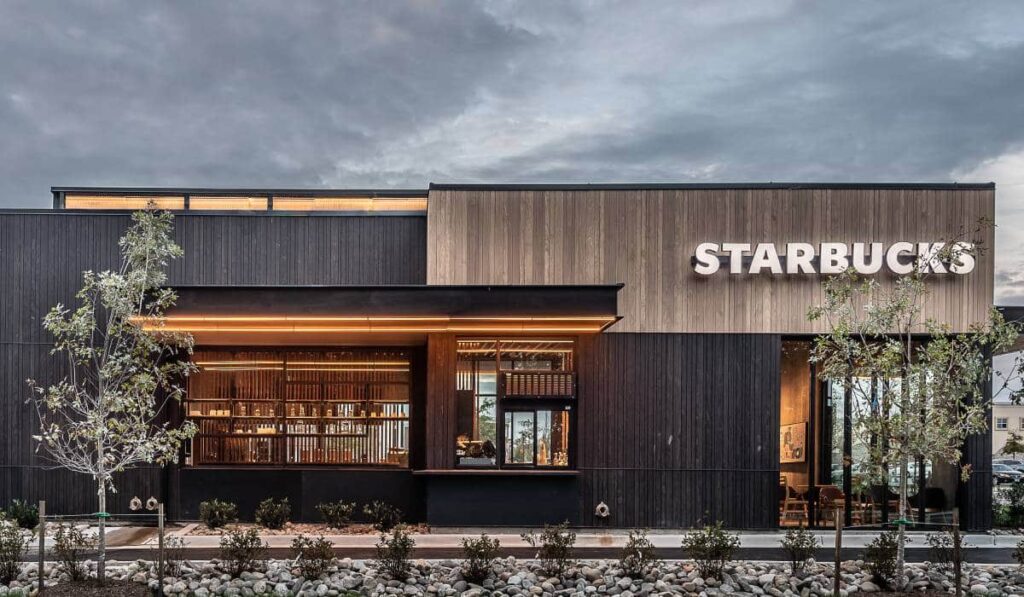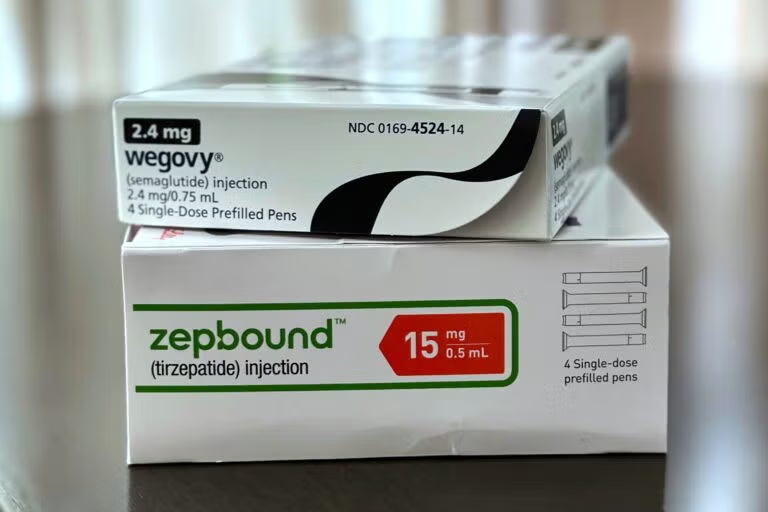Fatburger Returns to Florida With 40-Unit Deal After 20 Years

Fatburger hadn’t existed in Florida for 20 years. Now, the fast casual is looking to plant a major flag in the Sunshine State.
The budding fast-casual empire is led by franchisee Whole Factor Inc., which officially brought the chain back to Florida in 2023 and recently signed a 40-unit development deal to open new restaurants for the next 10 years.
The company now has two locations open—one in Riverview (suburb of Tampa) and another in Celebration (suburb of Orlando). As of mid-July, there were four locations under development.
Spike Garcha, president of Whole Factor Inc., says the Florida push was ignited by Ravi Singh, the company’s secretary. He moved to the state 15 years ago and voiced to his team that “We got to have better food out here.” It also helped that Whole Factor found many California transplants—where Fatburger is based—living in the state.
“Around COVID time, we decided to check it out because we know there’s a big influx of people moving out there,” Garcha says. “And we said, we’re going to start looking at bringing the brand over there. And we just thought it was the right brand. We did talk to others, but we felt this was the right opportunity. It was the right structure. We enjoyed discussing business opportunities with the FAT Brand’s crew, and we just moved on from there. We felt like there is definitely an opportunity there to grow.”
The 40-unit deal was based on data according to Garcha, who has a background in analytics. Whole Factor began dropping theoretical pins across Florida to see how many it could fit. It was a methodical approach; it took about six months to come up with a workable model for expansion and secure funding. However, the company had organized numbers around traffic count, population density, and demographics of potential customers to support projections.
Whole Factor hopes to open about four to five Fatburger restaurants per year.
Singh says the brand has been perceived well, judging by the sales growth of both stores and the overall response from customers. He recognizes Florida has plenty of burger options, but he feels none compare to what Fatburger has to offer.
“We just feel like we can fill that need that is still out there,” Singh says. “Because everybody goes to Wendy’s, but then they come back and they say, ‘Oh, this is so much better than Wendy’s,’ and same thing for McDonald’s. Everything is a generic burger, not a scratch burger. I think we see where we can go with this, and we wanted to secure basically Florida so we can have a uniform way to grow our brand.”
About 500 customers showed up when the first unit in Riverview opened two years ago. A lot of the guests told the Whole Factor team that they still remembered the burger chain.
Marketing the new restaurants involved a lot of education, Garcha says. But that proved to be an asset for Whole Factor. He calls it a “ground-floor opportunity.”
“It allowed us to really expand and build its own runway for us to take off,” he says. “But the amount of people that came in and were excited that we’re here—we’re the first store in the state to open in Riverview—was astonishing, and I think it was the right location to open the first door because it was in some ways an underserved market. We opened that store and it’s doing really well right now.”
Although the brand has had early success, Whole Factor acknowledges that future development won’t necessarily be easy. Building costs continue to rise. Fateh Singh, VP of the franchisee organization, says the company has received markups around steel and aluminum and also because of tariffs. The Riverview and Celebration units were ground-up construction.
Part of the strategy moving forward is simply increasing the construction budget. The other option is to search for empty restaurant buildings as second-generation opportunities. Garcha also emphasized the importance of partnering with a real estate team. Whole Factor uses national commercial real estate firm JLL.
“They’re really on top of it. So they’re providing us what we need,” Garcha says. “They’re finding us locations pretty much on a weekly call. I think that’s where a lot of restaurants miss the mark. They don’t have a great relationship or they don’t form a relationship with a real estate team that can actually deliver multiple locations, and they’re always out there looking. … The second-gen space is ideal for what we’re doing, as long as the traffic patterns and the demographics are in the area. And there’s about 60 to 70 different demographic pin drops we have identified in the Florida market, which I think they can all open. We can open locations around any one of them and we’ll be successful. That’s how I look at it. It’s a long-term game.”
Fatburger franchisees often open co-branded with restaurants like Roundtable Pizza, Buffalo’s Express, or Hot Dog on a Stick. However, Garcha says Whole Factor is going to solely focus on Fatburger for now since it hasn’t been in the state for two decades. The goal is to build market awareness around that single brand first.
“I always say, we’re really in the experience business, and that’s how I always look at it. How do you provide an experience and make someone revisit again and again and again?” Garcha says. “And that’s what our whole philosophy really is—to make sure every one of our employees understands the cultural need of the ‘meet and greet’ and so many different aspects to it—touching points like when customers are eating in store, how to approach them and the education we put them through. So these things make a big difference.”
SOURCE: QSR News
: 167







